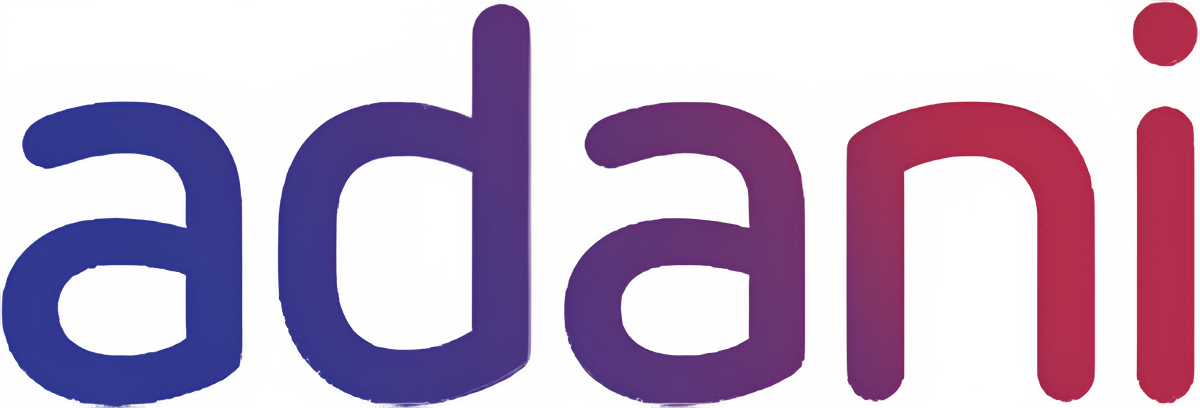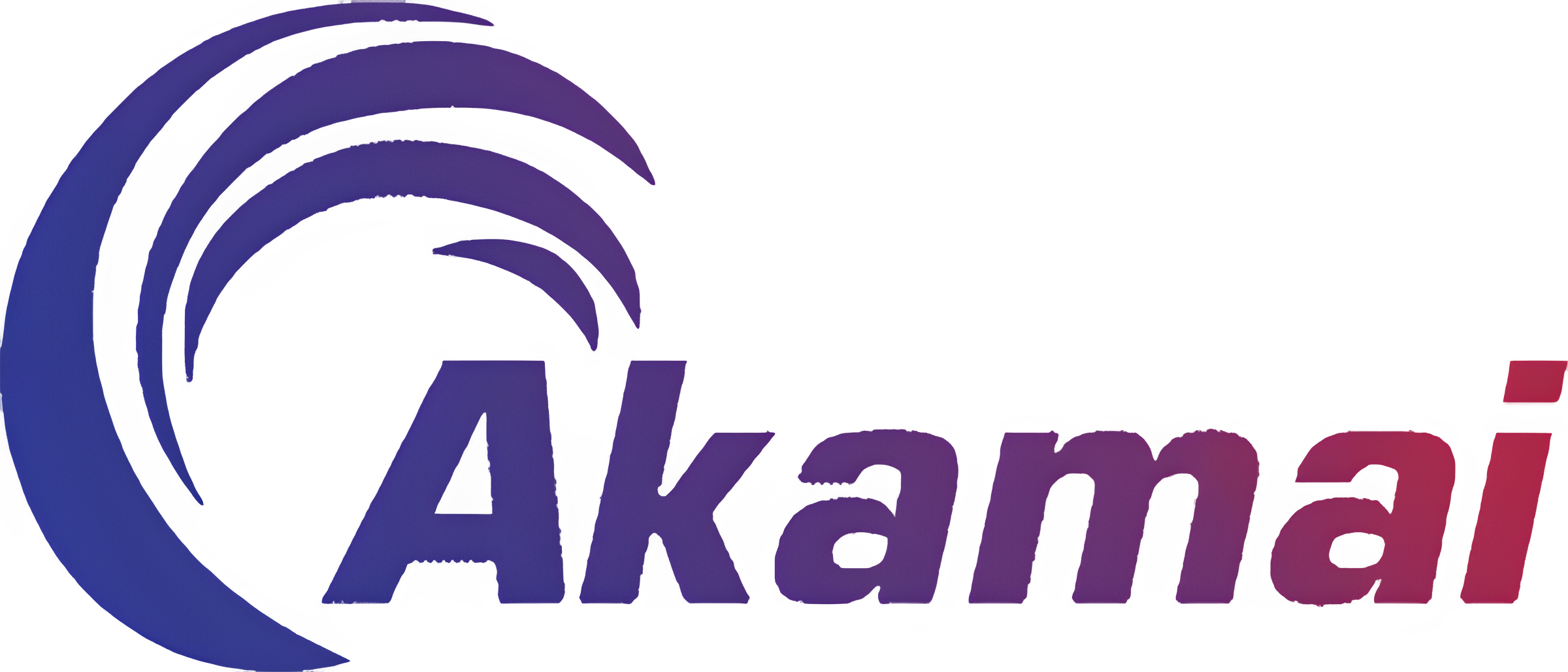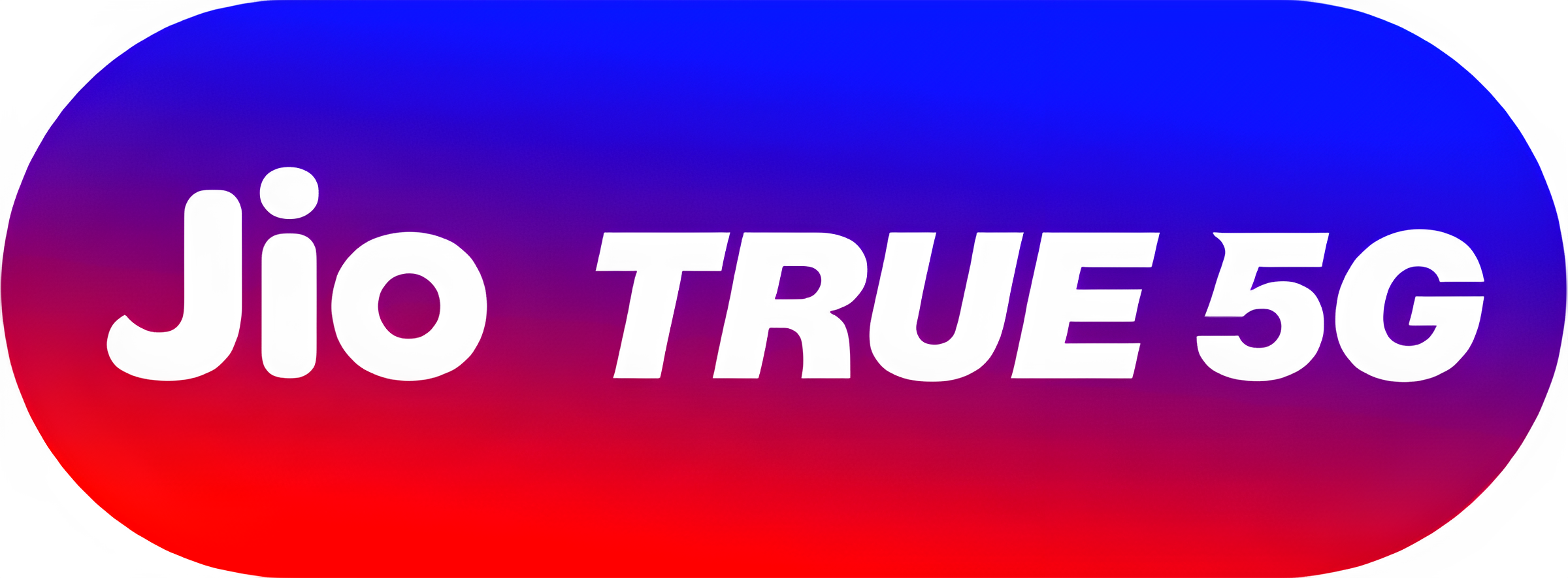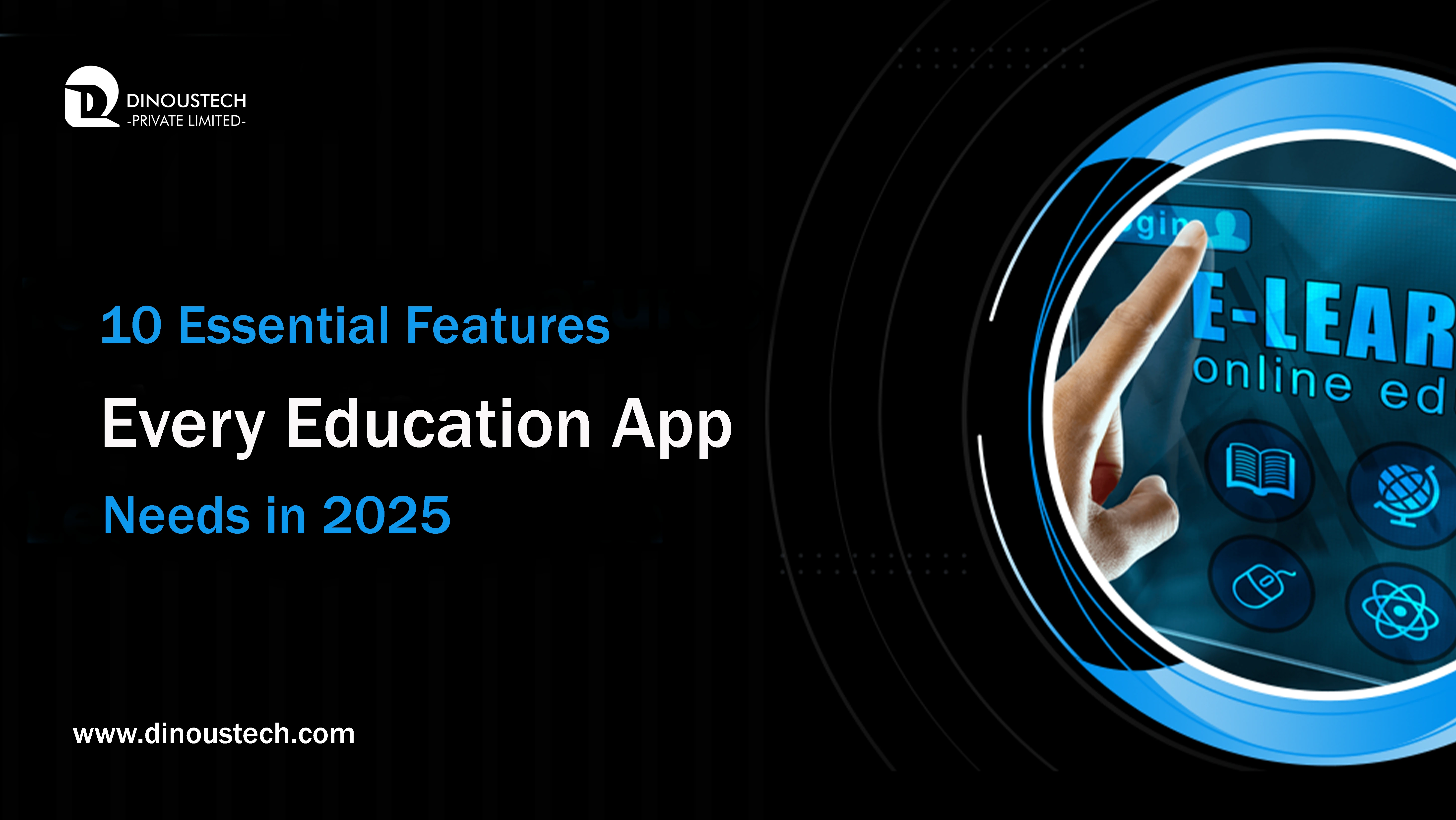10 Essential Features Every Education App Needs in 2025
By 2025, education apps will have evolved into immersive, personalized platforms that go far beyond video lectures and quizzes. Learners will expect AI-driven adaptive pathways, seamless offline access, and social collaboration, all wrapped in secure, accessible experiences. The market for E-learning app development is booming, driven by advances in artificial intelligence, augmented and virtual reality, and ever-greener emphasis on lifelong learning. To stay competitive, institutions and businesses must partner with Dinoustech Private Limited which is the best education app development company and understands both pedagogy and cutting-edge technology. From gamification mechanics that boost engagement to micro-learning modules optimized for on-the-go consumption, the following ten features are indispensable for any education app in 2025.
1. AI-Powered Personalized Learning Paths
Gone are the days of one-size-fits-all curricula. Artificial intelligence now analyzes each learner’s performance data—quiz results, time on task, even biometric feedback—to dynamically adjust content difficulty and recommend targeted resources. For instance, a student struggling with algebraic concepts might be routed to additional practice problems or micro-videos explaining foundational principles, while high-achievers skip ahead to advanced challenges. This personalization not only accelerates mastery but also reduces frustration, driving higher completion rates. Leading education app development company teams integrate machine learning pipelines that continuously refine these learning pathways, ensuring that each session feels uniquely tailored to the individual’s needs.
2. Immersive AR/VR Experiences for Deep Engagement
Augmented and virtual reality have crossed from novelty into necessity in top education apps. Imagine medical students practicing virtual surgeries in a fully simulated operating theater, or history learners virtually walking through an ancient Roman forum. By 2025, AR overlays will enhance textbook diagrams with interactive 3D models, allowing chemistry students to manipulate molecular structures with their fingers. VR labs will let engineering students test designs under realistic conditions. These immersive experiences foster deeper conceptual understanding and long-term retention, and they set premier apps apart. Partnering with a specialized education app development company ensures you leverage the latest ARKit, ARCore, or WebXR frameworks optimally for both classroom and remote learning settings.
👉Also Read: - Why Invest in Education App Development? Benefits and Opportunities
3. Seamless Offline Access and Synchronization
Even as connectivity expands, reliable offline functionality remains critical—especially in regions with patchy internet access. Top apps in 2025 allow learners to download entire courses, videos, and interactive exercises for offline study. Progress syncs automatically when the device reconnects, preserving quiz attempts, annotations, and discussion posts. This ensures uninterrupted learning journeys on commutes, in remote villages, or during travel. Building robust offline-first architectures requires careful data caching strategies and conflict resolution logic, areas where an experienced education app development company can dramatically reduce Mobile app development cost by avoiding ad-hoc implementations.
4. Real-Time Collaboration and Social Learning
Learning is fundamentally social. By 2025, apps will incorporate real-time collaboration tools—shared whiteboards, group annotation, peer review workflows, and live multi-user simulations. Students can work together on problem sets, hold virtual study groups, or co-create projects from anywhere in the world. Integrated messaging and video chat foster community, while leaderboards and social badges add friendly competition. These features not only boost engagement but also help develop critical 21st-century skills like teamwork and digital communication. A forward-thinking affordable software development company can weave these social layers into scalable architectures, ensuring performance even in large virtual classrooms.
5. Micro-Learning and Bite-Sized Content Delivery
Attention spans are shrinking, and learners crave on-demand, micro-learning modules—short, self-contained lessons that deliver targeted knowledge in 3–7 minutes. Whether it’s a quick grammar tip, a math puzzle, or a flashcard review, these bite-sized units fit seamlessly into busy schedules. Apps that support micro-learning push personalized “daily challenges” or “quiz-of-the-day” notifications, driving habitual engagement without overwhelming users. Building a content pipeline for micro-learning requires collaboration between instructional designers and a proficient education app development company to curate, tag, and deliver modular assets effectively.
6. Advanced Analytics and Insights Dashboards
Data drives improvement. Modern education apps offer comprehensive analytics dashboards—for both learners and educators—that visualize progress, pinpoint knowledge gaps, and suggest next steps. Teachers can track class performance in real time, identify at-risk students, and intervene proactively. Learners see their strengths and weaknesses at a glance, review high-impact skills, and set goals. These insights rely on big-data infrastructures, secure data pipelines, and clear UI/UX design. Partnering with an affordable software maintenance company ensures these analytics systems remain accurate and performant as usage scales.
7. Gamification for Sustained Motivation
In 2025, gamification will be deeply embedded, not just an afterthought. Beyond badges and points, top apps employ interactive storylines, scenario-based quests, and adaptive challenges that respond to the learner’s journey. Level-up mechanics and virtual currencies unlock rewards—bonus content, mentorship sessions, or even real-world incentives like scholarship points. Leaderboards (both global and cohort-based) spark friendly competition, while social sharing of achievements amplifies word-of-mouth growth. A dedicated education app development company crafts these gamified systems to align with pedagogical goals and maintain educational integrity.
8. Secure, Compliant User Authentication and Data Privacy
As education apps handle sensitive student data—grades, personal identifiers, and potentially health information—security is paramount. In 2025, robust authentication flows incorporate single sign-on (SSO), multi-factor authentication, and biometric login (fingerprint or facial recognition). Underlying these features are stringent data-privacy frameworks (GDPR, COPPA, FERPA), end-to-end encryption of user data, and secure API gateways. Choosing a reputation-driven education app development company ensures that your app not only meets legal mandates but also earns user trust through transparent data practices.
👉Must Read: - A Step-by-Step Guide to Developing an Educational App in 2025
9. Voice and Natural Language Interaction
Voice now complements touch. Advanced speech-to-text and natural language processing allow learners to ask questions verbally, dictate assignments, or navigate app features hands-free. Language learners benefit from pronunciation feedback, while STEM students can verbally solve equations or code via voice commands. Integration with virtual assistants (Alexa, Google Assistant) further extends accessibility—users can “launch my math lesson” or “quiz me on French vocabulary” from any device. Implementing these capabilities requires expertise in AI/ML services and careful UX design, hallmarks of a leading education app development company.
10. Seamless Integration with External Platforms and Services
No app operates in isolation. In 2025, education apps must integrate seamlessly with Learning Management Systems (LMS) like Moodle or Canvas, video-conferencing tools (Zoom, Teams), and content repositories (YouTube, Vimeo). SSO integrations reduce login friction, while LTI (Learning Tools Interoperability) ensures content and gradebooks sync effortlessly. Payment gateway integration (for in-app purchases or subscription tiers) must support multiple currencies and digital wallets. A custom website design company can build companion portals that mirror in-app experiences, while affordable web development services ensure cohesive, cross-device journeys.
Bringing It All Together with Dinoustech Private Limited
Starting from AI-powered personalization to immersive AR/VR labs, these ten features define the future of education apps. Achieving this vision demands not only advanced technologies but also deep pedagogical insight and user-centered design. Dinoustech Private Limited, a seasoned education app development company, offers end-to-end expertise—spanning strategy, UI/UX, backend architecture, AI integration, and ongoing maintenance. By partnering with Dinoustech, institutions and businesses can build scalable, secure, and engaging education apps that empower learners worldwide in 2025 and beyond.

















